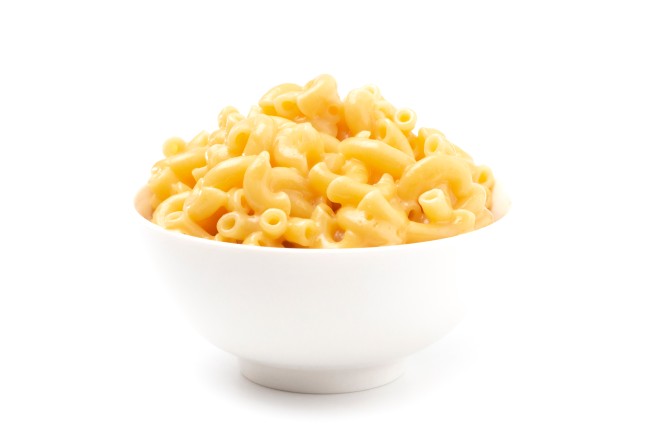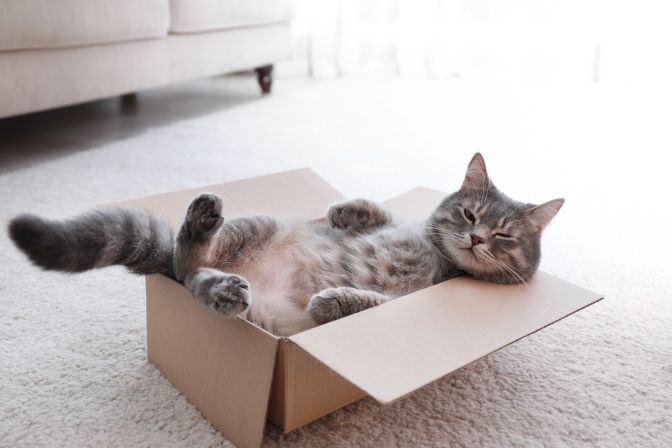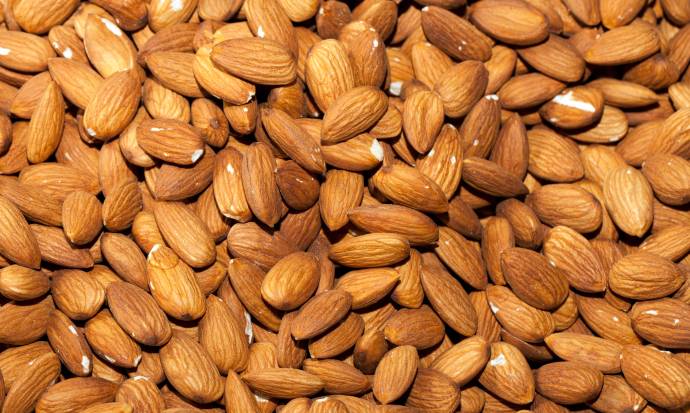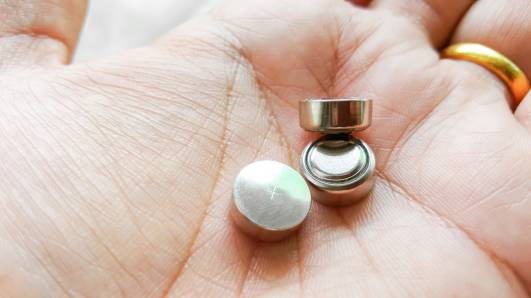
Connect with a verified veterinarian in minutes. Licensed vets are available 24/7 to answer your questions. No need to worry about your furry family member.
Has your cat eaten some mac & cheese? Are you worried the mac & cheese will make her sick? If so, then you’ve come to the right place. We understand it can be scary when your cat eats something she shouldn’t.
In this article, we’ve put together some information about mac & cheese and whether or not it can make your cat sick. Let’s get started!
What is Mac & Cheese?
Mac & cheese is short for macaroni and cheese. This is a popular meal in the US. Many people love mac & cheese and enjoy it any time.
The dish is made using macaroni noodles (a type of pasta) and cheddar cheese sauce, mixed with some other ingredients. It’s also possible to buy packaged mac & cheese, which is faster to cook up. The packages contain the noodles and a packet of dried cheese sauce powder.
Whether you choose the packaged mac & cheese or make it from scratch, this yummy dinner includes a lot of dairy. Macaroni & cheese usually includes butter, milk, and cheddar cheese. It also includes salt. Some people may also add garlic or onion seasoning, along with some black pepper too.
So, can mac & cheese make your cat sick? Is it OK for cats to eat mac & cheese?
Mac and Cheese & Cats
Mac & cheese is not toxic to cats if it only contains dairy products, salt, pepper, & noodles. However, if the mac & cheese contains other flavorings and spices, this could be a problem. For instance, garlic and onion are both toxic to cats.
The dairy contained in this dish really isn’t very good for cats. This is because most cats are lactose intolerant. This means they don’t produce the enzyme needed to digest dairy products. This means your cat may have vomiting and diarrhea after eating mac & cheese.
If the diarrhea and vomiting last longer than 24 hours, then it’s time to call the vet. As they are at risk of dehydration if they have prolonged vomiting and diarrhea.
If the mac & cheese did contain onion, garlic, and other ingredients, then it’s a good idea to call the vet right away. Garlic can be extremely toxic to cats, so your veterinarian may recommend an examination immediately, depending on how much mac & cheese your cat has eaten. Garlic and onion poisoning can result in gastroenteritis, anemia, and more.

Review symptoms, medications & behavior to keep your pets healthy with a Vet Online in just minutes.
Ask a Vet Live NowMy Cat Ate Mac and Cheese!
Has your cat eaten a bite or two of mac and cheese? If so, she will probably be OK. Such a small amount of mac and cheese doesn’t generally hurt a cat.
However, if the dish contains large amounts of onion and garlic, this can be a problem. For instance, it only takes 2.3 grams/lb of body weight of onions to have a toxic effect on a cat. This applies whether the mac and cheese was made with fresh ingredients or dried. Dried onion and garlic powders are even more toxic than fresh onion and garlic.
On the other hand, if your fur baby has eaten a large amount of your mac and cheese, it’s best to call the vet right away. Don’t wait to see if your kitty develops symptoms. In this case, the vet may ask you to bring your fur baby to the clinic. There, the vet may induce vomiting if your cat recently ate some mac and cheese.
What If My Cat Eats the Cheese Powder Packet from Instant Mac and Cheese?
When making instant mac and cheese, you may open the cheese powder packet to have it ready to pour in. However, when you’re not looking, your fur baby could come over and snack on the packet’s contents! What happens then? Thankfully, the contents of the cheese powder packet are usually not toxic to cats.
As long as your feline friend has only one or two licks of the cheese powder, she should be OK. However, if she eats more, she could develop some stomach upset and diarrhea. If her diarrhea becomes severe or lasts longer than 24 hours, it’s best to call the vet.
What Should I Do If My Cat Ate Mac and Cheese?
Stay calm and try to determine how much mac and cheese your cat has eaten. If it’s a small amount, monitor her condition and call the vet at the first sign of symptoms. Conversely, if your cat has eaten a large amount of this dish, call the vet immediately.
Next, determine what time your cat ate the mac and cheese. Then check your cat. Is she showing any symptoms? If so, note them and call the vet.
We hope this article has answered your question. As always, if you’re worried and/or your cat is showing some symptoms that are worse, then please call the vet right away. They will have the best advice on what you need to do to help your cat.
Connect with a verified veterinarian in minutes. Licensed vets are available 24/7 to answer your questions. No need to worry about your furry family member.

Evie Moloney, RCVS
This article has been reviewed and approved by an independent Veterinarian: Evie is a vet surgeon who graduated from the University College Dublin, which is the only university offering the veterinary medicine degree in Ireland. She really enjoys surgery and has also worked as an emergency and critical care vet. She is passionate about sharing education about preventative health care for pets, especially the importance of regular dog and cat teeth brushing at home. She also enjoys helping owners find practical solutions for keeping pets as comfortable as possible while living with conditions such as arthritis. When not working, she enjoys hiking and swimming.
Review symptoms, medications & behavior to keep your pets healthy with a Vet Online in just minutes.
Ask a Vet Live Now




